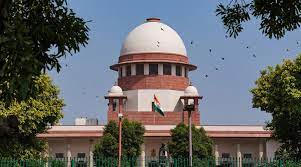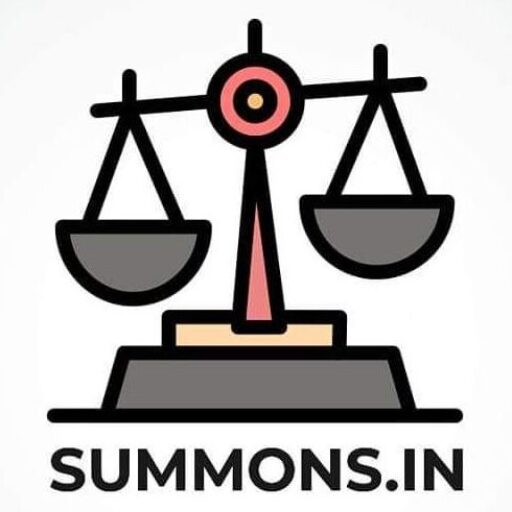
IMRAN PRATAPGADHI …APPELLANT
Versus
STATE OF GUJARAT AND ANR. …RESPONDENTS
Date of the order :- 28.03.2025
1. Core Issue
The case revolved around whether a poem recited by Imran Pratapgadhi (a Rajya Sabha MP) in a video posted on social media incited communal enmity or violated laws under the Bharatiya Nyaya Sanhita, 2023 (BNS). The police registered an FIR under Sections 196, 197(1), 299, 302, and 57 of the BNS, alleging the poem threatened national unity and hurt religious sentiments. The Supreme Court examined whether:
- The poem’s content actually violated these laws.
- The FIR registration process adhered to constitutional safeguards for free speech.
2. Key Observations by the Court
A. The Poem’s Content
The Court analyzed the poem’s text (translated from Urdu) and concluded:
- It contained no references to religion, caste, or community.
- Its theme was non-violent resistance (“meet injustice with love”) and symbolic criticism of oppressive rulers (e.g., “throne”).
- It did not promote hatred or disharmony but advocated resilience against injustice.
B. Legal Provisions Invoked
The Court found no merit in the FIR’s claims under the BNS:
- Section 196 (Promoting Enmity): Requires intent to incite hatred on religious/communal grounds. The poem lacked such intent.
- Sections 197, 299, 302: None applied, as the poem neither targeted religious feelings nor jeopardized national unity.
- Section 57 (Abetment): No evidence the poem incited violence.
C. Free Speech Under Article 19(1)(a)
The Court emphasized:
- Freedom of speech includes dissent and symbolic expression (e.g., poetry, art).
- Restrictions under Article 19(2) (e.g., public order) must be reasonable—not based on “weak or insecure minds.”
- The standard for judging speech should be that of “reasonable, strong-minded individuals,” not those who perceive criticism as a threat.
D. Police Duties & Preliminary Inquiry
- The Court criticized the police for mechanically registering the FIR without assessing the poem’s actual content.
- Under Section 173(3) of the BNSS, police must conduct a preliminary inquiry for offences punishable by 3–7 years (like those alleged here) to avoid frivolous cases.
- Police, as state actors, must uphold constitutional values, including free speech.
E. High Court’s Error
The Gujarat High Court refused to quash the FIR, citing the “nascent stage” of investigation. The Supreme Court overturned this, stating:
- Courts can quash FIRs at any stage if no offence is prima facie made out.
- The High Court failed to protect fundamental rights, enabling an abuse of process.
3. Broader Implications
- Artistic Expression: The judgment safeguards poetry, satire, and art from being criminalized without clear evidence of harm.
- Police Accountability: Police must balance law enforcement with constitutional rights, avoiding knee-jerk FIRs.
- Judicial Duty: Courts must act as guardians of free speech, especially when state machinery oversteps.
4. Conclusion
The Supreme Court’s decision reaffirms that:
- Free speech is foundational to democracy, even when expressions are unpopular.
- Legal thresholds for incitement must be rigorously applied—mere discomfort with a message isn’t enough.
- Institutions (police, courts) must align actions with constitutional ideals, not political or communal pressures.
The judgment is a robust defense of civil liberties in an era where dissent is often conflated with sedition or threats to public order. It reminds us that 75 years into independence, India’s democracy must tolerate—even protect—voices that challenge power symbolically and peacefully.
Edited & Reviewed by Neeraj Gogia Advocate
#Article19 #FreedomOfSpeech #ConstitutionalRights #FundamentalRights #IndianConstitution #DemocracyInAction #FreeSpeechMatters #ToleranceInDemocracy #DissentingVoices #LibertyOverFear#LawStudents #LegalAnalysis #JudicialActivism #IndianJudiciary #PoetryIsNotCrime #ArtisticFreedom #RightToDissent #StandWithPoets #WordsMatter
